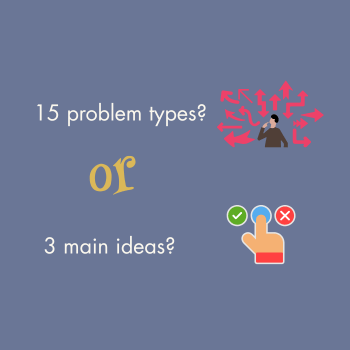
CGI teaches students to think, not just memorize, but what if there’s one key piece missing? Learn one small shift for a huge impact. (And no, you don’t have to abandon your CGI problems!)
January 14, 2026
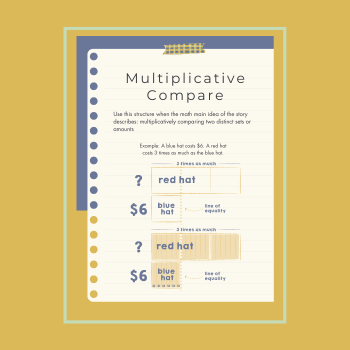
Multiplicative comparisons, stories with scaled relationships, are some of the trickiest problems students face. SoE helps students see the relationship before solving.
December 10, 2025

When students label their thinking precisely, their understanding becomes visible. By requiring the unit and the descriptor, we help students show meaning with their models.
December 3, 2025

This post explores how to select or adapt number stories that invite sense-making, honor students’ experiences, and align with instructional goals.
November 19, 2025
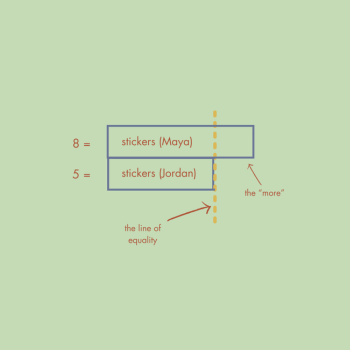
When students come across questions like “How many more does Jordan have than Emma?”, the comparison relationship often confuses them. This blog talks about how the Compare structure helps them see the relationship between the values.
November 12, 2025
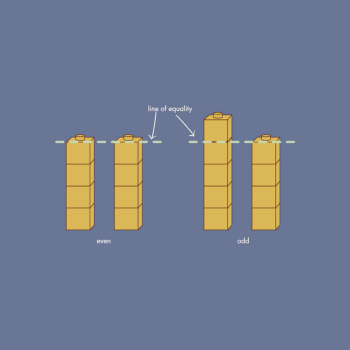
Flat tops and ones-place rules might help kids label numbers as odd or even, but they miss the why. This post shows how to build deeper understanding using the Compare structure and equal group reasoning.
October 29, 2025
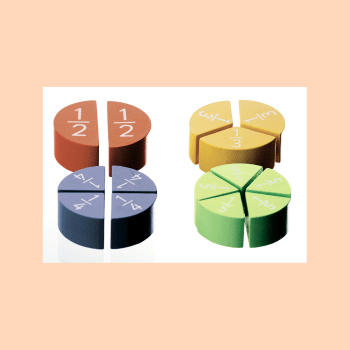
Fractions confuse students not because they can’t calculate but because they don’t truly understand what fractions represent. This article unpacks the most common fraction misconceptions, why they occur, and how teachers can shift from rules to reasoning with stories, visuals, and models.
October 15, 2025
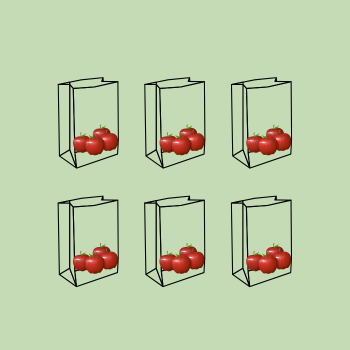
Learn how the Repeated Equal Groups (REG) structure builds comprehension, connects visuals to meaning, and supports confident problem-solving.
October 1, 2025
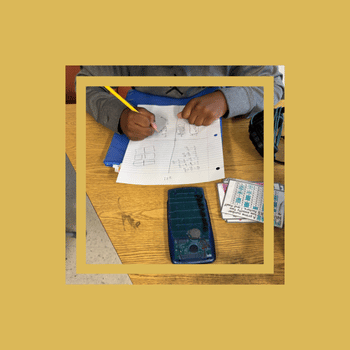
After three years with Structures of Equality, fourth grade teacher Jasmin isn’t just trying it out, she’s all in. Her story offers insight into what changes when comprehension leads and scaffolds support real thinking.
September 10, 2025

Productive struggle isn’t about frustration. It’s about giving students the right kind of challenge, paired with structure and support, so they can reason, make sense of problems, and build confidence.
September 3, 2025
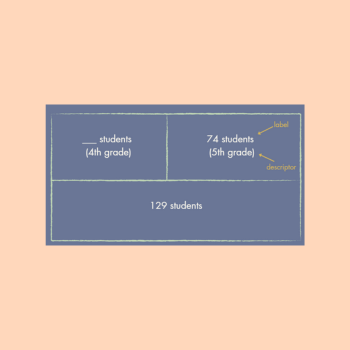
The Parts Equal Total structure isn’t a shortcut for solving; it’s a way to understand what’s happening in the story. This blog explores how PET supports comprehension from the earliest grades through more complex problems.
August 20, 2025

Explore how early math routines help students understand that numbers are composed of other numbers: a foundational idea that supports place value, fractions, and meaningful problem solving.